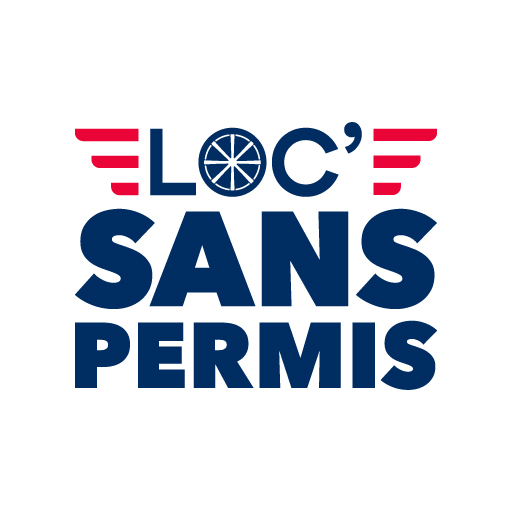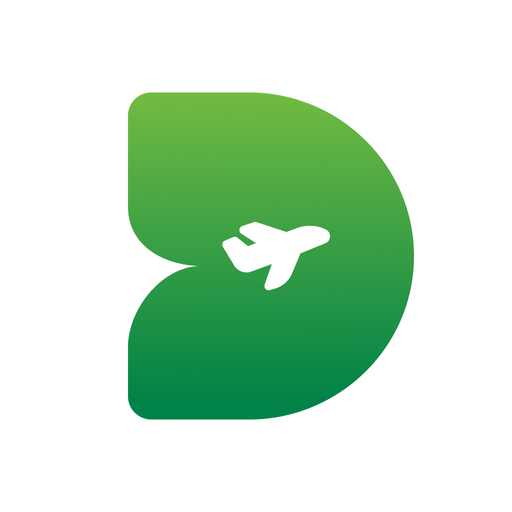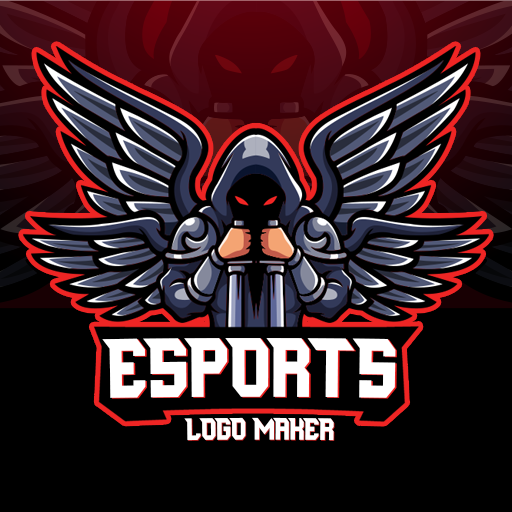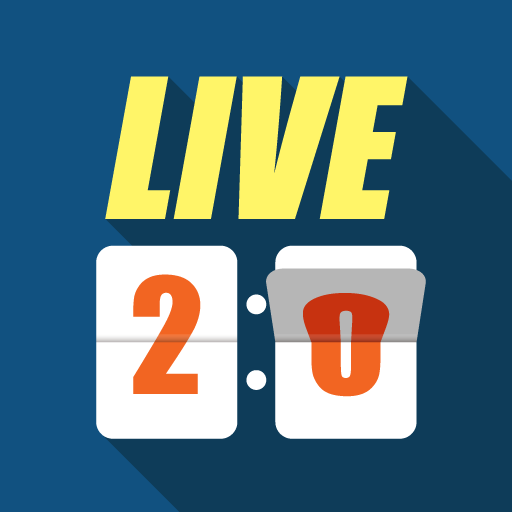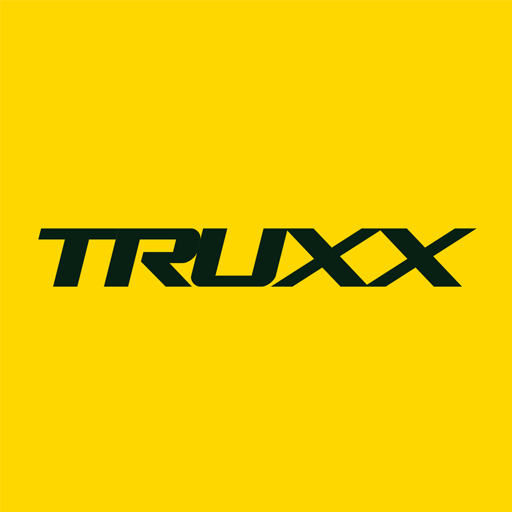Facebook F8 Refresh’s All Key Declarations
Description of Facebook F8 Refresh’s All Key Declarations
Facebook's annual developer conference, which was held virtually, featured developers and businesses alike.
Facebook CEO Mark Zuckerberg kicked off the annual F8 Developer Conference on Wednesday, vowing this year to go back to his roots by focusing on the developer community.
“This year, we are refocusing the F8 on developers,” says Mark Zuckerberg. “Some of the most important services in the world started when an individual looked at the existing problem, and just found a better way to build. And I'm optimistic that some of the next generation services are going to start right here with you. "
Facebook says this year's F8 announcements focus on technologies that allow developers and businesses to build and grow on Facebook's platforms. Here is a recap of the highlights.
Commercial messaging
On the corporate messaging front, Facebook announced that the Messenger API for Instagram is now available to all developers. Ankur Prasad, Director of Product Marketing for Facebook Commercial Messaging, explains that opening the Messenger API for Instagram will enable key automation tools on Instagram for the first time, which can only be accessed through this API.
The API-powered services will also help improve the relationship between customers and businesses, he said. For example, developers can create tools that integrate Instagram messaging with order management systems to allow live agents to instantly view a person's order history.
Facebook is also testing a way to opt for business messaging with a new feature called "Login Connect with Messenger". This tool allows users to opt for messaging with businesses directly from the Facebook login feed.
Facebook specifies that Login Connect is still in the testing phase but that it will be widely available in the coming months.
Meanwhile, Facebook announced new updates to the WhatsApp Business API, which are supposed to make it easier for businesses to start using the tool. Among the major updates, Facebook says it has reduced the API onboarding process from several weeks to five minutes. Additionally, the company announced new WhatsApp messaging features that aim to give people an easier way to make a selection when speaking with a company's chatbot on WhatsApp.
Facebook Business
Building on the launch last year of the Facebook Business Suite - which functions as a platform where businesses can manage their activity on Facebook, Instagram and Messenger using the platform's tools - Facebook announced that it would now be possible to add tools built by third-party developers, via a new Business Apps section.
“We believe the tools you create are critical to business success, and we're excited to help you integrate and grow your offerings by making them available to millions of businesses on Facebook Business Suite,” says Facebook.
First introduced in September, the Facebook Business Suite allows businesses to post to Facebook and Instagram at the same time, and manage and receive messages, notifications and alerts in one place. The interface also provides access to engagement metrics with an "insights" tab for Facebook and Instagram.
Augmented reality (AR)
Facebook's work on its futuristic augmented reality glasses is still ongoing, but the company has big ambitions when it comes to augmented reality experiences built on its SparkAR software. In the short term, Facebook says it wants to make it easier for developers who want to create augmented reality effects for group calls via its new Multipeer API .
This API allows developers to create augmented reality effects that "deliver a coordinated experience to multiple call participants." “We envision a world covered with a landscape of virtual objects that helps us share, learn and play together, no matter how far we are,” says Chris Barbour, Director of Partnerships for Spark AR.
Facebook adds that its SparkAR platform now has 600,000 creators in 190 countries, with 2 million augmented reality filters and effects created to date.
AI and machine learning
In 2016, Facebook co-developed the PyTorch deep learning framework. The company announced on Wednesday that it is now making PyTorch the default framework for building all of its AI and machine learning models in the future.
“PyTorch not only makes our research and engineering work more effective, more collaborative and more efficient, but it also allows us to share our work in the form of open source PyTorch libraries and learn from the advances made by the thou
Recent APPS
designkug.com © 2021 • About Us • DMCA Policy • Privacy Policy • Terms & Condition • Contact Us • Submit Apps
